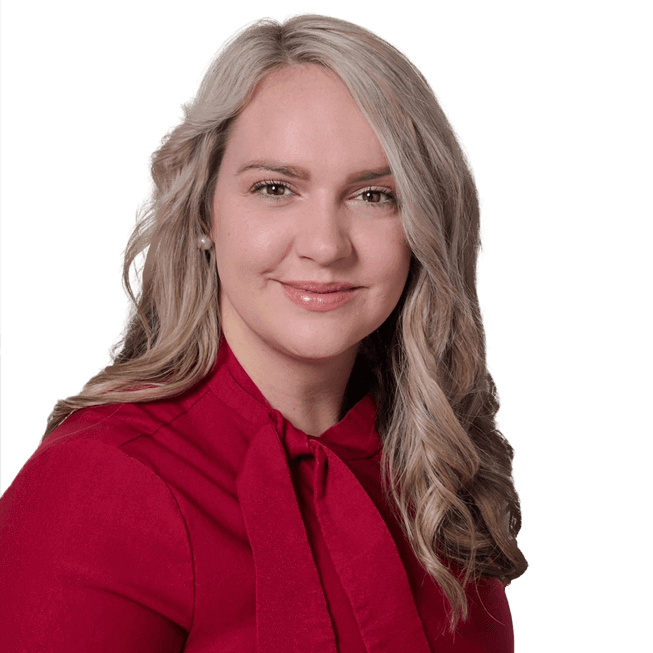Are you an Advanced Practitioner (AP) considering a change in clinical specialty? If so, Orthopedics might be the perfect field for you. As part of our ongoing Specialty Spotlight series, we’re diving into the details, statistics, and benefits of a career in Orthopedics. Whether you’re a Physician Assistant (PA) or Nurse Practitioner (NP), exploring the orthopedic specialty could open new doors in your career.

Orthopedics
Orthopedics is a popular specialty among Advanced Practitioners who enjoy providing musculoskeletal care. It's a stimulating and highly rewarding specialty that offers challenges both in and out of the Operating Room (OR). In many cases, Orthopedic APs are the right-hand assistants to orthopedic surgeons and are indispensable in hospital settings.
Most Orthopedic APs provide services that include:
- First assisting in surgery
- Performing minor outpatient procedures
- Joint injections and aspirations
- Post-operative follow-up and pre-operative history and physicals (H&Ps)
- Handling admissions and discharge paperwork
- Hospital rounding
- Application and removal of casts/braces
- Reduction of fractures and joint dislocations
- Ordering durable medical equipment (DME) or orthotic devices
- Wound care and management
Orthopedic Subspecialties
While many orthopedic practitioners provide comprehensive musculoskeletal care, others choose to focus on subspecialties within the field. These areas of expertise can further enhance your career and earning potential. Common Orthopedic subspecialties include:
- Spinal Surgeons
- Hand Surgeons
- Oncology Orthopedists
- Foot and Ankle
- Joint Reconstruction
- Sports Medicine
- Pediatric
- Trauma
Practice Locations
Orthopedic Advanced Practitioners typically split their time between office settings and hospital environments, where they are often called upon to first assist in surgeries. The versatility of working across different locations allows APs to hone a broad set of skills while contributing to patient care in multiple contexts.
Optional Additional Specialty Training:
While Orthopedic specialty practice is more common among Physician Assistants, Nurse Practitioners can also pursue this path. Both PAs and NPs have access to postgraduate training programs that provide advanced orthopedic training. These Orthopedic Fellowship programs typically last 12 months and offer specialized instruction in surgical techniques and orthopedic care.
Completing a fellowship grants the added distinction of being certified in Orthopedics, which can further boost your credibility and career opportunities.
Compensation
As with many surgical specialties, the compensation for Orthopedic Advanced Practitioners tends to be higher than the average for general practice. This is due to the specialized nature of the work and the high demand for skilled professionals in this field.
- The average salary for Physician Assistants working in Orthopedic surgery is approximately $125,208 per year .
- Nurse Practitioners working in Orthopedic care earn an average salary of about $113,500 per year .
These salaries are notably higher than the average pay for PAs ($101,480) and NPs ($100,910) in other fields, reflecting the specialized skills required in Orthopedics.
Is Orthopedics Right for You?
If you’re looking for a dynamic, challenging, and rewarding field, Orthopedics might be an excellent fit. Whether you choose to focus on a specific subspecialty or provide general musculoskeletal care, Orthopedics offers a range of opportunities for Advanced Practitioners to excel in both clinical and surgical settings.
To view opportunities for Advanced Practitioners in Orthopedics click here.
*Originally posted on 5/26/2020. Last updated on 9/11/2024.

Ashley Poshard is the Manager of Program Relations and Data Quality. She joined PracticeMatch in 2021 and brings over a decade of database management experience. Formerly an in-house physician recruiter and PracticeMatch client, she excels in engaging physicians with the platform. Ashley collaborates with program coordinators nationally, offering educational opportunities and gathering feedback. Her role involves implementing innovative features and services, fostering long-term physician engagement with PracticeMatch. Additionally, Ashley leads the data team, working to maximize data collection efforts and enhance the PinPoint Database's size, value, and quality, solidifying PracticeMatch's position as a leader in healthcare recruitment and data management.